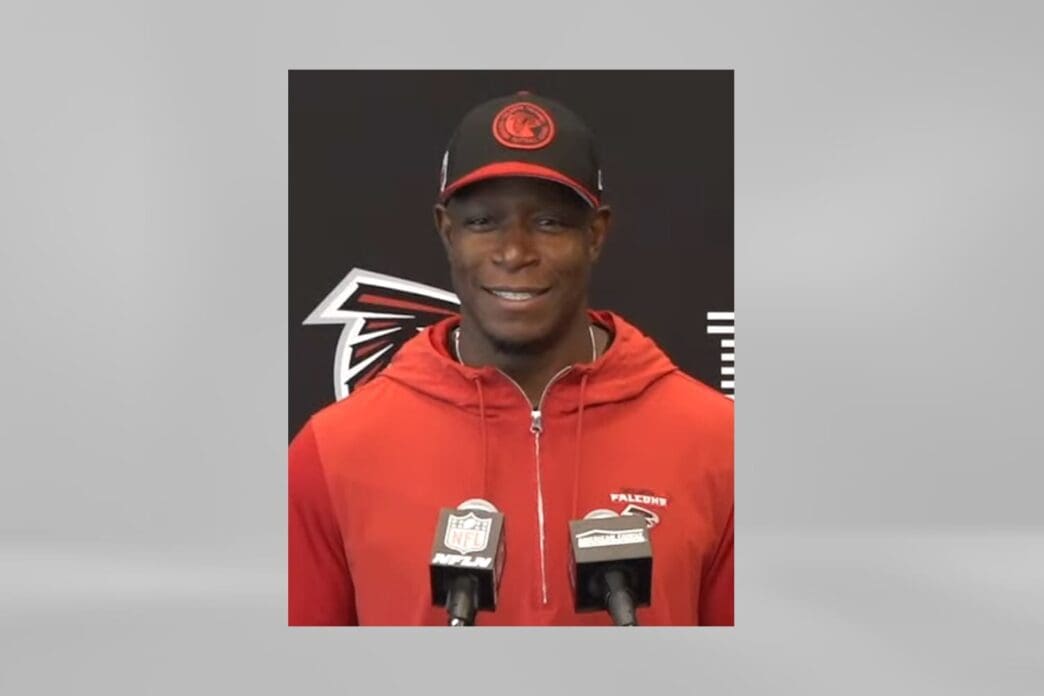In a recent survey by the Associated Press, over a third of Black NFL players expressed disappointment concerning the lack of Black head coaches in the league. This sentiment reflects ongoing concerns about diversity at the top level of NFL coaching.
Washington Commanders wide receiver Terry McLaurin articulated what many Black players feel. “I’ve never had a Black head coach in high school, college, or the NFL,” he noted, highlighting a pervasive issue in the sport. More than 65 Black players from 25 teams were surveyed, and 36% voiced discouragement over the dearth of Black coaches.
The disparity between the number of Black players and Black head coaches is stark. In 2023, Black athletes made up 53.5% of the NFL, while only 22% of head coaches were Black at the beginning of the season. This figure might drop to 19% depending on future appointments.
Dolphins linebacker Anthony Walker Jr. emphasized this lack of representation, saying, “Until you see more coaches, there aren’t enough Black coaches.” The apprehension isn’t just about current numbers – it extends to how Black coaches are perceived. Panthers safety Nick Scott drew parallels with historical biases against Black quarterbacks, urging for fair representation without turning diversity efforts into mere ticks in a box.
NFL Commissioner Roger Goodell has announced the league’s commitment to diversity amidst reduced governmental and corporate DEI efforts. Despite these pledges, the makeup of head coaches remains largely unchanged.
Several players highlighted the gap between Black players and Black coaches, arguing it’s not just about potential candidates being qualified but also about opportunities not being equally available. The NFL’s Rooney Rule, introduced in 2003 to counteract this, has faced criticism for being used as a formality rather than a genuine effort to diversify hiring.
Saints defensive end Cameron Jordan expressed astonishment at the number of teams never having a Black head coach, pointing to geographical and historical biases in hiring. Over 31 Black coaches have been appointed out of 173 since 2000, an 18% representation that many find discouraging.
This season saw only seven Black head coaches, some of whom faced dismissals soon after. Discussions around networking and nepotism have been prominent, with players noting that connections play a pivotal role in hiring.
In comparison, the NBA has a comparatively higher representation of Black coaches at 37%, while the MLB and NHL lag behind.
Despite a record number of Black head coach appointments last offseason, the sentiment among Black players remains apprehensive. TIDES director Brandon Brown recognizes players’ frustration, stating the need for upward momentum in diversity initiatives.
The Rooney Rule’s effectiveness is under scrutiny, with stories of teams merely fulfilling requirements without genuine intent. Former coach Brian Flores’ lawsuit against the NFL underscores these concerns, pointing to instances where interviews were just formalities.
Ultimately, the challenges faced by Black coaches in the NFL mirror broader societal issues. As Cowboys player C.J. Goodwin said, “It’s just American society. That’s more of a societal question than it is a question about the NFL.”
The call for increased representation of Black head coaches in the NFL echoes a broader societal demand for equality and opportunity. As players continue to voice their concerns, the league stands at a crossroads, with the potential to lead the charge in fostering diversity and inclusiveness across its ranks.








